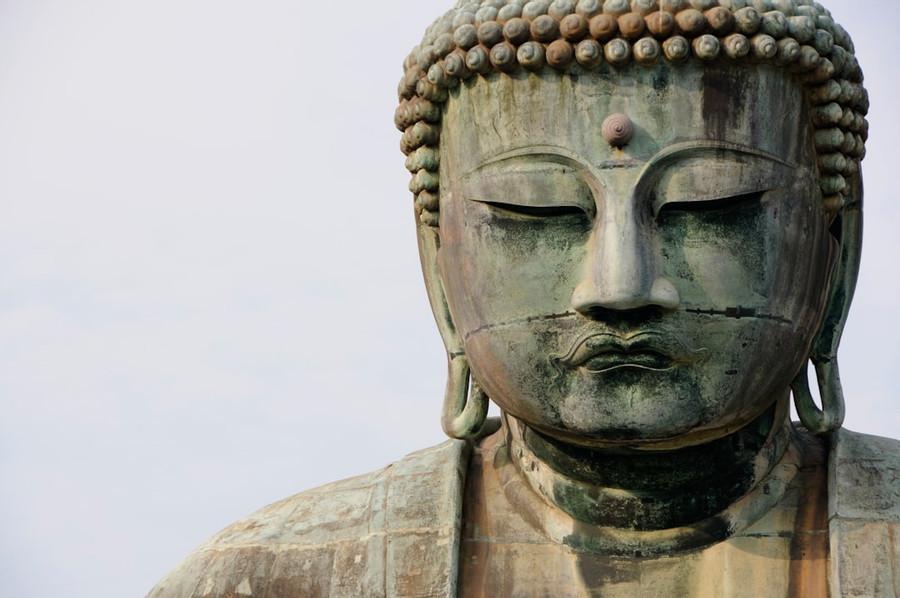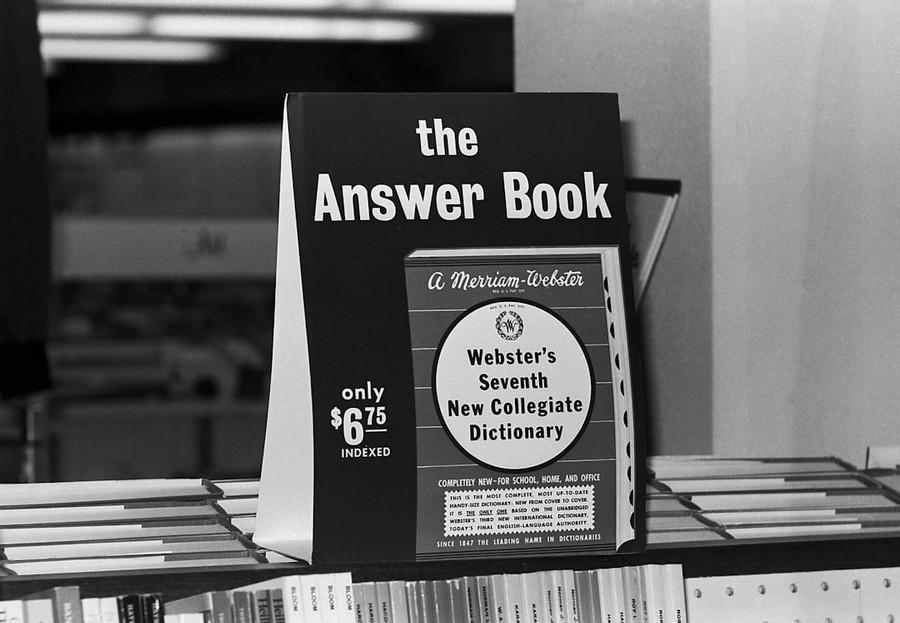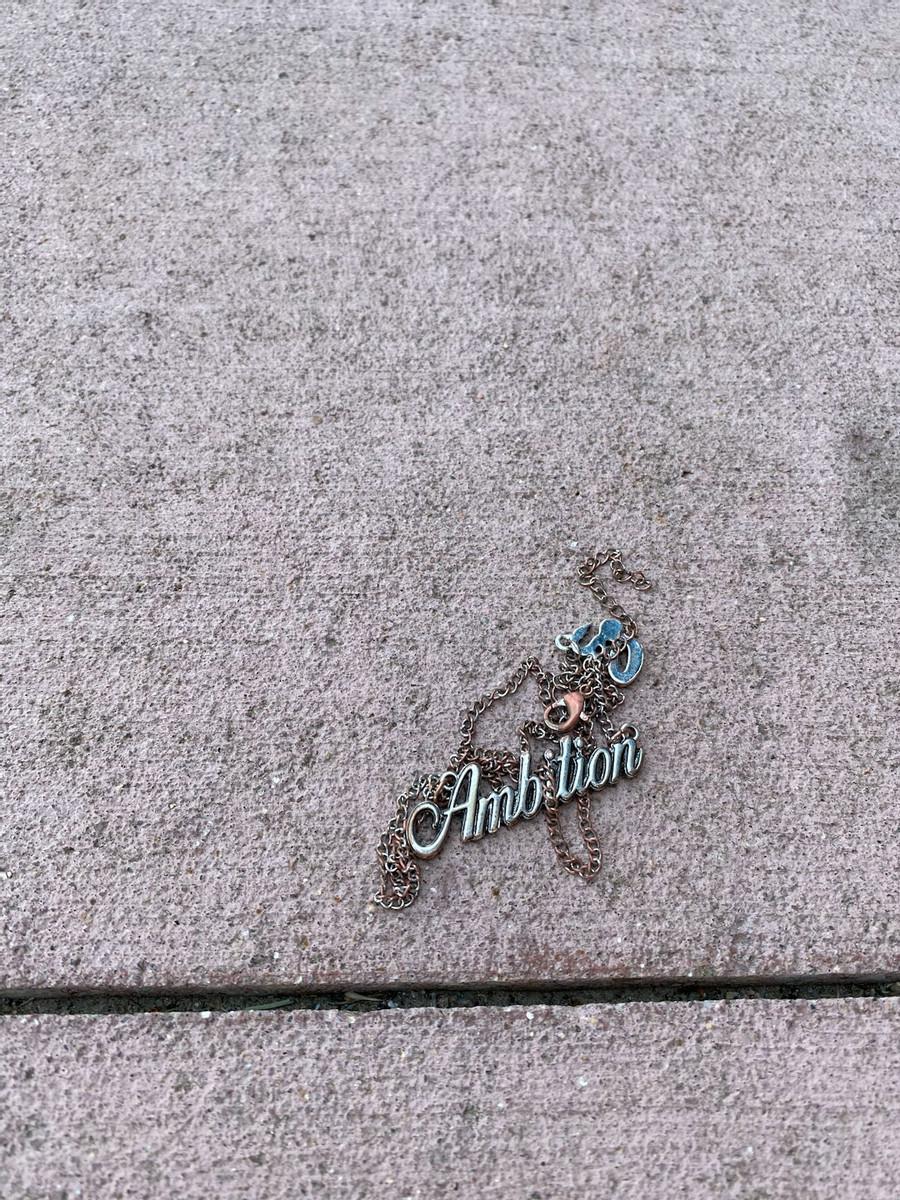Explore the World's Best Ideas
Join today and uncover 100+ curated journeys from 50+ topics. Unlock access to our mobile app with extensive features.
You don’t have to be a Buddhist to profit fromBuddha’s wisdom
Buddhist paradigm can help everyone, Buddhist and non-Buddhist alike, to think more clearly about what it means to lead a fulfilling life.
That’s because so many of us are trapped in what he calls the Western paradigm – a view of the world which denies impermanence. The view that says you’ll always be the same person, no matter what happens. That imagines there’s a single answer to all the questions that gnaw at you. That implies there’s a path to permanent happiness – a path that solves all of life’s riddles.
32
550 reads
The Western paradigm, in short, promises that you’ll be happy when well, what? In the end, you can’t escape the reality of impermanence. The goal posts keep shifting. That dream house could be bigger. Or smaller. Or closer to your grandkids. The promotion you hoped for doesn’t bring you the status you crave; the pay raise you fought for only makes you realize what money can’t buy. There’s always another goal – the next big thing that’ll really make you happy.
31
537 reads
Your achievements, your good reputation, the reciprocated love of the people you love – everything is impermanent. All of it can fade. Such things, then, aren’t “possessions.” You can’t lock them up for safekeeping. You can’t take them to the bank. You can’t invest them and live off the interest. They have to be re-earned. Constantly. Every day, every hour, and perhaps even with every breath. And that, really, is the most important takeaway here: there’s no point at which we finish earning our lives. Not until the moment we stop breathing.
33
369 reads
Pay homage to the past you, but don’t rest on old achievements.
To focus on the present doesn’t mean forgetting the past; you’re not throwing every trace of the past down the memory hole. What it’s really about is learning to recognize that there’s a distinction between your past and present selves. That the paths you chose in the past don’t dictate which paths you choose to travel today. So let’s honor the past you – and then move on.
32
341 reads
Often, you’ll discover forgotten cause-and-effect links between the past and present. As the cliché has it, we all stand on the shoulders of giants. You might just realize that you, too, were a giant. Take a deep breath, and start writing. Thank yourself for all the gifts the past you gave to the present you. Now take another deep breath. It’s time to talk about a new you – the future you.
32
368 reads
So what investments are you making in your future? You’ll want to think about big, obvious things like your career – but don’t restrict yourself to what seems obvious. Knowledge, skills, relationships, and health matter, too. Maybe you’re meditating because it clears your mind. Or cooking because it’s a great creative outlet. Or maybe you’re making an effort to meet new people. Whatever it is, get it down on paper. Focus your mind on the efforts you’re making today that’ll bring you and the people you love the greatest return in the future.
32
273 reads
Basic questions can elicit profound answers.
Don’t stop there, though. This is where things get interesting.
What would you do all day in this place? Can you find fulfilling work? Will that work support your ideal lifestyle? Would the people you love be happy if you moved there? Is it somewhere you can raise a family? Is it somewhere you can meet inspiring people? Does it matter if you can’t? Once you start fleshing out the details, you’ll see a picture of your real priorities and desires emerging – of what you really want and how closely your current life resembles that ideal. That’s clarity.
31
224 reads
Aspiration is more fulfilling than ambition.
What lies between the present (the person you are now) and the future (the person you wish to become)? What bridges the gap between those selves? How, in other words, does change happen?
Those are pretty philosophical questions, so let’s ask the American philosopher Agnes Callard for some help. Her answer is that aspiration drives that transformation. Let’s break this down.
There’s no hard stop at which one phase of life ends and another begins. You don’t become a new person on any single day. It's a gradual and long process.
32
189 reads
Ambition gives us goals to achieve: a promotion to strive for, a marathon to run, a competition to win. Achieving those goals makes us happy – for a while, anyway. But we can’t put that sense of triumph in a display case like a trophy. Soon, it fades and disappears. Like hungry ghosts, we’re soon off looking for the next meal – the thing that will bring us lasting happiness.
31
200 reads
Aspiration is different. To stick with Callard’s example, there’s no day on which we can tick the box and say that we’ve achieved the goal of being parents. To be a parent is an act of constantly becoming a parent – of rising to new challenges, accepting new setbacks, and responding to new phases. That, Callard thinks, is why aspiration is fulfilling. It roots us in the present and aligns us with the reality of impermanence. It makes us realize that we become a new person with each breath.
28
194 reads
Resolving dichotomies can help you choose realistic aspirations.
Dichotomy resolution is the part of product design that resolves either/or quandaries. For example, should a new car (or vacuum cleaner or coffee maker) be modern or classic, small or functional, a standalone or part of a series? Sometimes, dichotomies aren’t necessarily contradictions: you can reproduce a classic design with modern materials, thus resolving the tension.
29
177 reads
But lots of dichotomies in everyday life resist integration. We tend to be optimists or pessimists, joiners or loners. We can’t be both – we have to pick one or the other. This brings us to the aspiration process: Which side of those dichotomies should you choose? Unless you want to completely flip your personality, your best bet is to tailor your aspirations to your personality – to the bundle of preferences, quirks, and virtues that make you who you are.
30
177 reads
So here’s an exercise that will help you do just that.
The first step is simple: write down as many interesting dichotomies as you can think of. To get you started, here are some common ones that crop up in life. Are you a glass-half-full or a glass-half-empty kind of person? Conservative or progressive? Trusting or suspicious? Do you value reason or feeling more? Does money matter or not? Are you quiet or loud? A people pleaser or a go-it-alone type? Ironic or sincere? Do you prefer instant or delayed gratification? Do you confront problems or avoid them?
30
184 reads
Now go through your list and cross out every dichotomy that doesn’t apply to your personality or play a role in your life. What’s left? The final step of the exercise is to go over the remaining dichotomies and cross out the side of the pairing that doesn’t apply. For example, if the leader-versus-follower dichotomy is an important part of your life, decide which side of the equation fits you.
29
184 reads
The words left on your list should give you a good idea of your defining qualities. The qualities which influence both what you aspire to and whether you’ll be willing to earn that aspiration. If you’re feeling brave, show this list to the person who knows you best. Do they agree, or have you skirted the truth? Remember, this exercise is only helpful if you’re honest with yourself.
If you’ve been honest, you’ll now have a strong sense of what kind of aspirations will work for you. This is your blueprint for an earned life.
29
188 reads
IDEAS CURATED BY
CURATOR'S NOTE
A very clear idea of earning your own life.
“
Farha Naaz's ideas are part of this journey:
Learn more about personaldevelopment with this collection
How to set achievable goals
How to manage time for personal and professional life
How to avoid distractions
Related collections
Discover Key Ideas from Books on Similar Topics
6 ideas
Peace Is Every Breath
Thich Nhat Hanh
1 idea
7 Ways To Stop Making Bad Decisions
fastcompany.com
1 idea
Oscar Wilde
Richard Ellmann
Read & Learn
20x Faster
without
deepstash
with
deepstash
with
deepstash
Personalized microlearning
—
100+ Learning Journeys
—
Access to 200,000+ ideas
—
Access to the mobile app
—
Unlimited idea saving
—
—
Unlimited history
—
—
Unlimited listening to ideas
—
—
Downloading & offline access
—
—
Supercharge your mind with one idea per day
Enter your email and spend 1 minute every day to learn something new.
I agree to receive email updates




